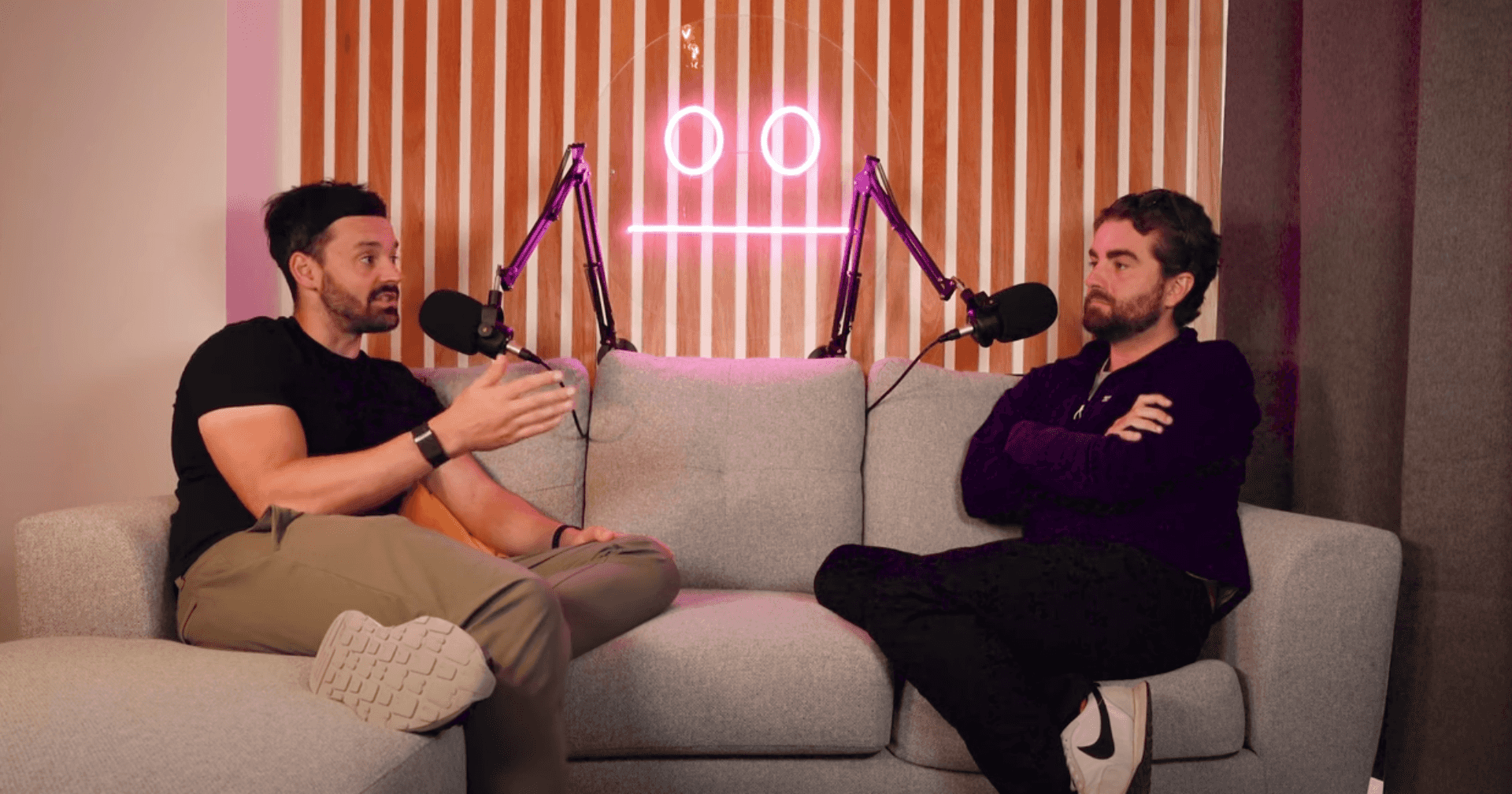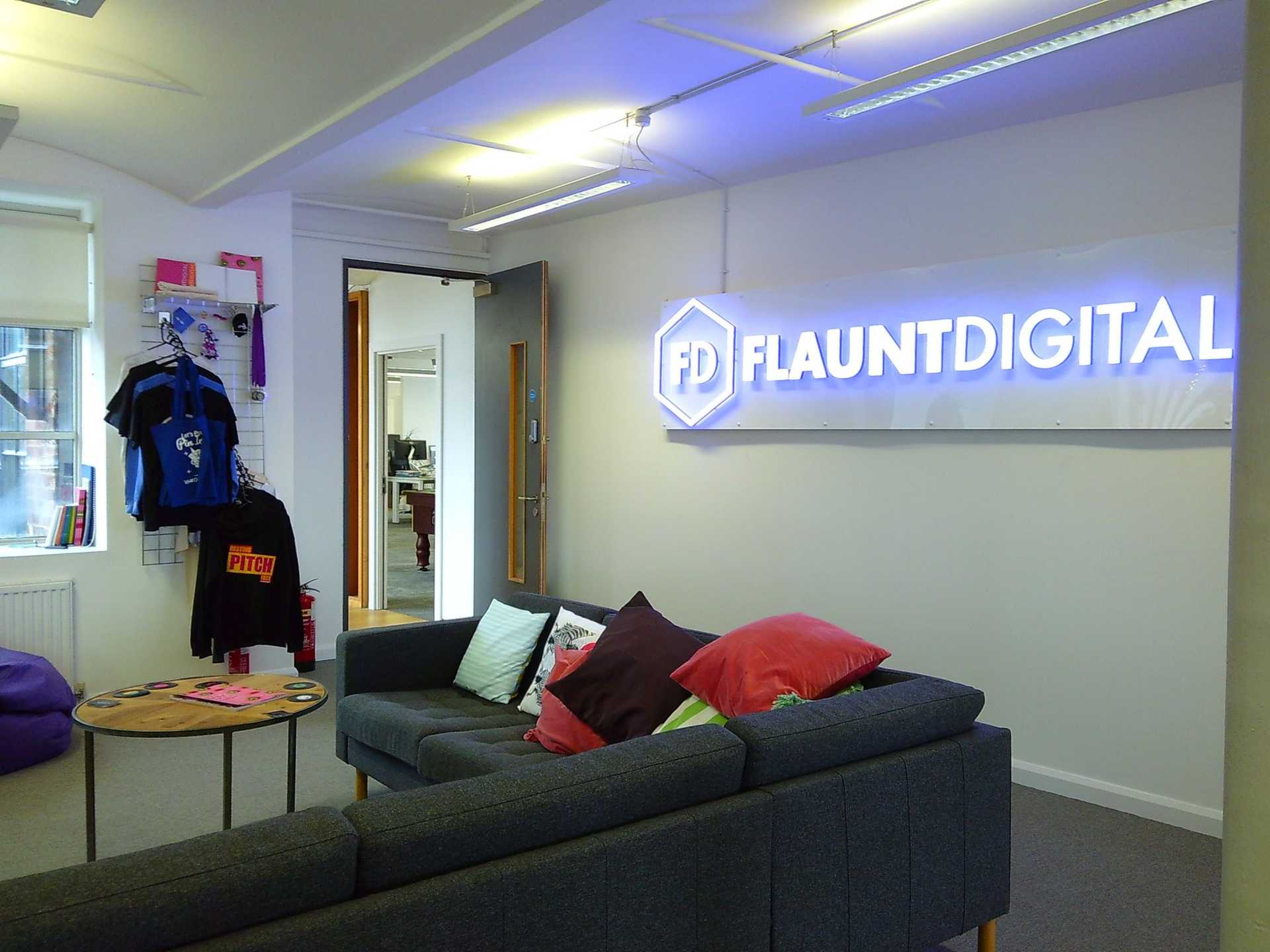
Pay Per Click advertising, commonly abbreviated to ‘PPC’, has been around for many years. Understandably, during this time, much has changed.
Like PPC, automation and artificial intelligence (AI) have also been part of our lives for a significant period, but only recently have they become increasingly prominent in digital marketing. Today, automation plays a huge role in the success of campaigns across many industries.
A Quick Introduction to Automation & AI
Suggesting that automation and AI is the future of PPC is a big claim. Or is it?
In fact, for PPC marketers, automation is already here. AI and automation are specifically designed to help improve performance and make it easier to achieve the goals set for your accounts — and it’s only going to get smarter and more effective with time.
In a nutshell, automation uses data, rules and a little bit of computer magic to help remove and speed up those tedious manual processes. Ultimately, this gives you more time to focus on other goals and performance across other areas of the account.
It’s not just strictly in digital marketing where automation is making big strides. It’s a concept that shapes our everyday lives — one that some of the world’s biggest brands have been pioneering and working on for years and will continue to do so for years to come.
The Netflix Example
A feature on Netflix is perhaps one great, yet simple, example of automation which has a profound effect on many people’s lives. We’ve all been there, sat enjoying an evening binge-watching our favourite series, whether that’s Breaking Bad, Suits or Top Gear. Oh no! You’ve finally finished all five series, what now? Up pops the recommendations tab; ‘because you watched Breaking Bad’, here are a number of other series to sink your teeth into that we feel you’d enjoy.
Now, Netflix doesn’t just use AI and automation as a way of improving their user experience; it’s also a really important way of collecting data. Cinematch is Netflix’s algorithm that determines specifically which titles are recommended to you in the example above. This is based on a few things: your viewing or scrolling history; films that users who are similar to you are watching; as well as a system that groups similar films and series together.
Cinematch also collects information about what type of viewer you are. Do you enjoy a binge watch? Do you pause episodes a lot? Or do you replay certain sections? All this data is then used to create automations with one main aim: to keep people interested. It’s this automation that identifies films and shows the viewer is more likely to enjoy, offers these as suggestions and ultimately, helps to ensure they continue to pay their monthly subscription fee.
So, back to our key question: how does automation benefit PPC and how can we use it to improve our performance?
Bid Management
Bid management is probably one of the most valuable features of PPC automation. After all, ensuring the bids are correct for individual keywords is very time consuming, while the amount you want to pay per click (CPC) can also constantly change in line with business goals, clients budgets and so on.
Google Ads offers a number of different automated bidding features for both search and shopping campaigns. Here are some of the key features:
- Enhanced CPC – Adjusts your CPC to help maximise conversions or conversion value. Enhanced CPC combines a manual strategy with a Smart Bidding Strategy.
- Target ROAS – Standing for Return on Ad Spend, this lets you bid based on a target return on your overall ad spend with bids automatically optimised.
- Target CPA – Cost Per Action, sets bids to help you get as many conversions as possible at, or below, target cost per action.
- Maximise Conversions – Automatically sets bids to help get the most conversions for your campaign whilst spending all of your budget. This feature uses advanced machine learning to automatically optimise bids and offers auction time bidding that tailor bids for each individual auction.
Smart Bidding is one of Google’s main solutions with an aim of helping advertisers and users reach their goals quicker than they have done previously. Whilst Smart bidding strategies are becoming more popular and most certainly deliver good levels of results, they also require a higher amount of data to be able to run efficiently.
Google recommends that you need to be receiving at least 30 conversions per month for Smart Bidding to work effectively — otherwise the algorithm won’t work as well. Ultimately, the more data Google has to work with, the better the results.
Dynamic Search Ads
Dynamic Search Ads, abbreviated to DSA, are types of ads that are created based entirely on the content of your website. Effectively, Google crawls your website and matches your landing pages to the search term from the user.
When the search term is relevant to content on the site, Google dynamically creates an automated ad with relevant headlines and sends the user through to the correct page on the website. This is simple, yet extremely effective — particularly when run alongside other campaigns.
Automated Rules
Google allows you to set up and use automated rules that can be scheduled to run at certain times or intervals. With these rules, you can make changes to things like ad status, bids, budgets, keywords and much more. Automated rules can save time and money along with contributing to the success of a campaign’s performance.
In certain situations, automating rules can be very useful. For example, let’s say you want to run different ad copy throughout Christmas. This will contain some festive messaging, perhaps with a time-sensitive offer that is only valid for a couple of weeks. That offer may come to a close whilst you or your PPC team are away on annual leave for the festive period.
In this scenario, you can create a rule to automatically turn off the Christmas ads and subsequently turn on the previous ‘business as usual’ ads. This is an important manual task that has now been automated.
You can also set rules for budgets to be increased and/or decreased on a specific time and date. This type of rule is great if, for example, you want to schedule your budgets to increase on the first day of the month.
In addition to this, you can set up rules to enable, pause or increase and decrease bids on specific keywords. Why not experiment with an automation to pause any keyword that’s spent over a certain amount, but not yielded a desired level of conversions?
These types of automations can be set to run as frequently as you would like and can offer some really good levels of automated optimisation, doing away with the need for manual input.
PPC and Automation: A Great Match for Many Marketers
So, what is the benefit to all of this and how can automation help improve PPC performance and why is automation the future of PPC?
Most of the new technologies we see in digital marketing are predominantly aimed at improving issues, or fixing something that may not be performing in the way it should be. Automation takes that and makes you look at your marketing strategy in a completely different way. There are hundreds of different automations you can work with — it all comes down to how those automations can help impact and improve the goals you are striving to achieve.
It’s important to remember that whilst automation is great and makes your life easier, it’s not as simple as just pressing a ‘start’ button and away you go. Setting up the automations can be complicated and sometimes difficult.
Automation also requires some real thought and there still needs to be a level of understanding as to why you want to automate what you do. The real question to ask is: What benefit will that have to you and the wider business?
As an example, take Smart Bidding. On the one hand, it’s proven to be successful. However on the other hand, it relies on letting Google spend all of your budget without any real input from the user as to where that money gets spent. As a result, a lot of advertisers and users often feel uncomfortable with this and would much rather take control of budgets themselves.
Ultimately, automation may be perfect for you, but someone else might prefer to retain more control. It all boils down to what you want to achieve and what you feel is the best way to approach that in your marketing strategy.






